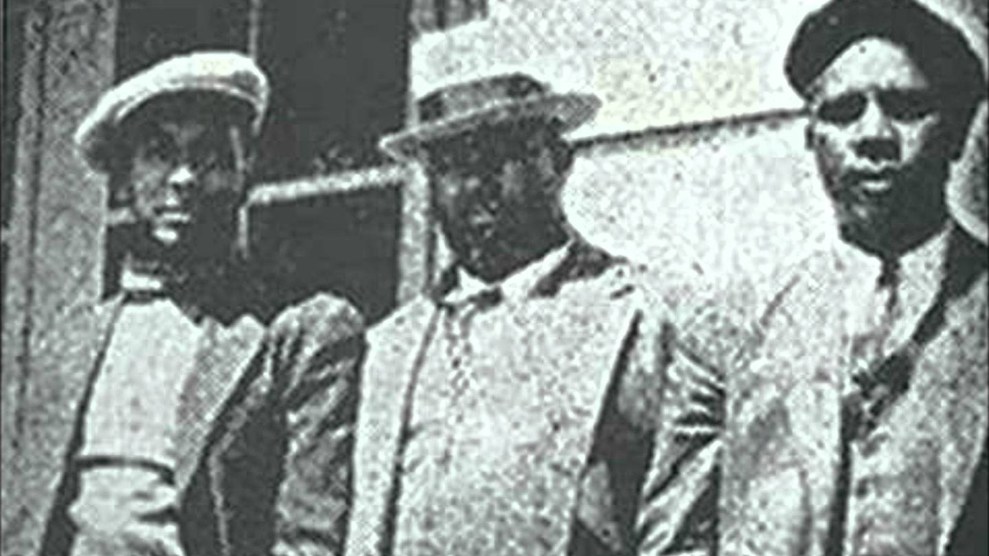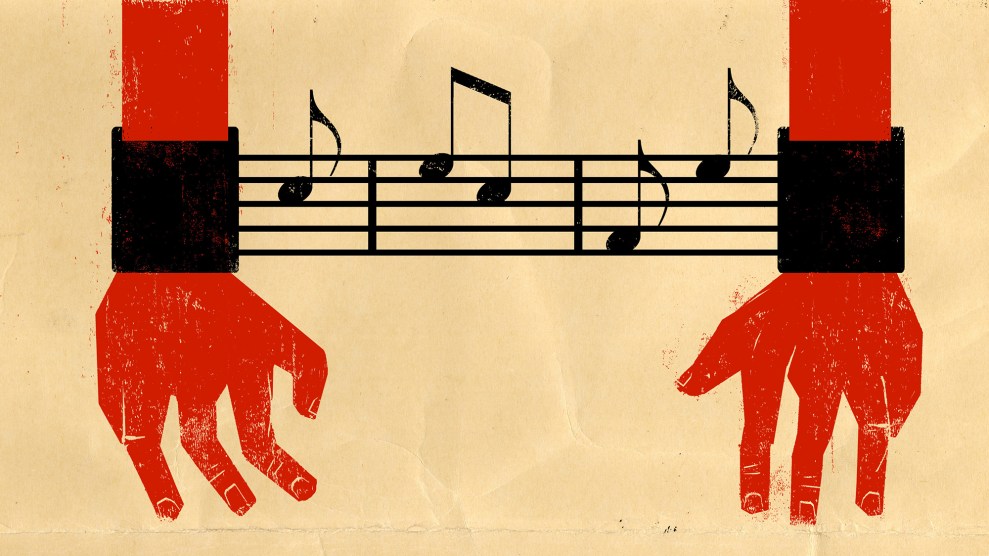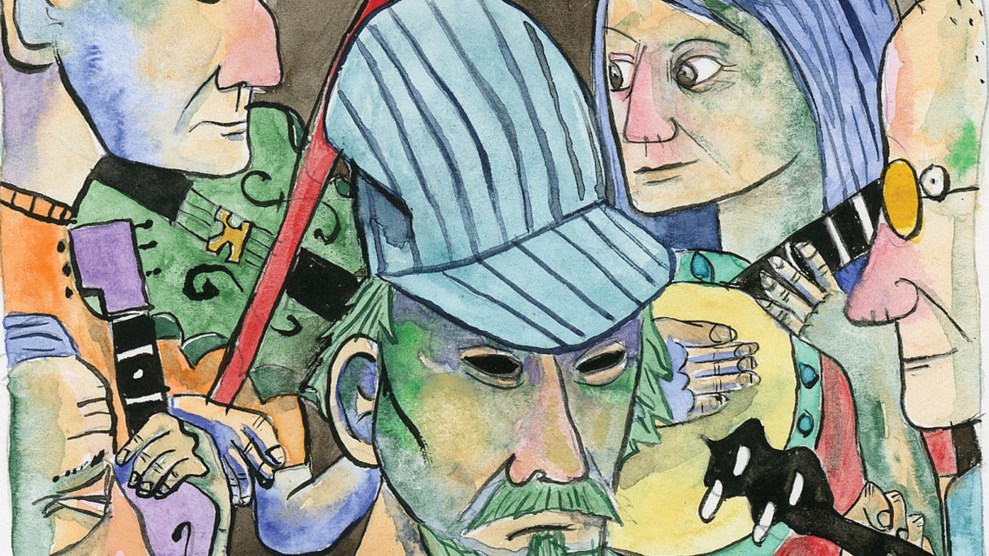
The Mississippi SheiksWikipedia Commons
To accompany an essay I wrote about confronting racism in old-time music, I asked the black artists I interviewed to share some of their favorites from early black performers. Dom Flemons, formerly of the Carolina Chocolate Drops, gave me a whole bunch. Earl White, a North Carolina-born fiddler, added another handful. Ben Hunter was tied up, but his musical partner Joe Seamons came through with a few more gems.
As I noted in the piece, it can be hard to track down the provenance of some of these old tunes. This was the pop music early in the 20th century. And black and white people were playing this style—both together and separately—long before recording technology was in widespread use. But as White put it, “If you were a white person and you went into a black neighborhood and learned a tune from a black person, it wasn’t cool to advocate that you learned it from a black person.” It wasn’t uncommon for the white guy to record those tunes later on, sometimes giving credit, but more likely not.
Flemons says some of the 14 songs on his list were composed by the artists in question…
Others are field recordings that are unique performances of old-time numbers. Songs like “Sitting On Top of the World” started with Mississippi Sheiks, a black string band who elevated their family’s music into the popular music field. I’ve provided a broad variety of musical performances to display the many facets of black string band music as it has been recorded over the years. I also put Bert Williams song “Nobody” to juxtapose one of the most well-known songs from the black vaudeville stage. There are tons of recordings out there. I’ve tried to give you some of the rawer and some of the more refined styles.
A few, like “Sitting on Top of the World” (which I always thought was a Doc Watson tune—go figure) and Joe Thompson’s “Black Annie,” were suggested more than once. White’s remaining picks are numbered 15 through 17. Seamons’ are 18 through 20. “I play somewhere around 300 to 500 tunes in my list,” White says. “I’ve always insisted that most were played by both blacks and whites.”
Oh, and look: A banjo playing co-worker, Adam Schweigert, just popped out of the woodwork and made a YouTube playlist of these tunes. Thanks Adam!
1. “Jim and John”—Ed and Lonnie Young
2. “Cripple Creek”—Jimmie Strothers
3. “KC Blues”—Andrew and Jim Baxter
4. “Nobody”—Bert Williams
5. “Feather Bed”—Cannon’s Jug Stompers
6. “Old Cow Died”—Nathan Frazier and Frank Patterson
7. “The Fox & the Hounds”—Henry Thomas
8. “Sitting On Top of the World”—Mississippi Sheiks
9. “Freight Train” —Elizabeth Cotten
10. “State Street Rag”—Louie Bluie and Ted Bogan
11. “Black Annie”—Joe and Odell Thompson
12. “Laura”—Leadbelly
13. “Eighth of January”—Sid Hemphill
14. “Old Joe”—Nashville Washboard Band
15. “Martha Campbell”—Doc Roberts (music historians believe the song has African-American provenance)
16. “Forty Drops”—Jim and Andrew Baxter
17. “Raleigh and Spencer”—Tommy Jarrell (“Well, I learned this from an old colored fella…”)
18. “Black Bayou Ain’t Got No Bottom”—Blind Pete & Partner
19. “John Henry”—Sid Hemphill
20. “Leather Britches”—Nathan Frazier & Frank Patterson


















